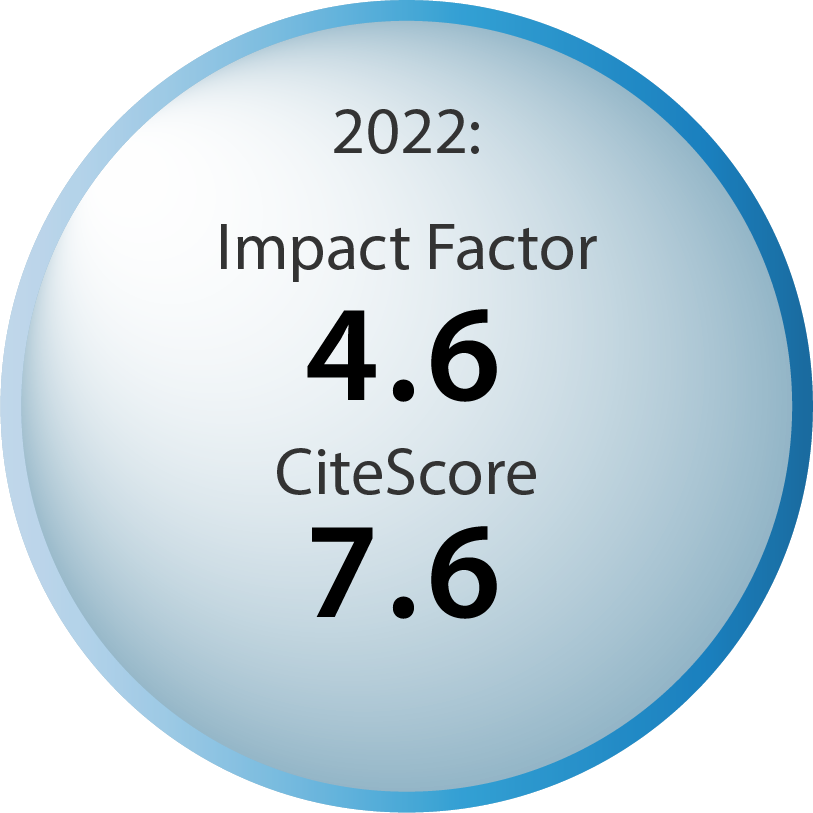Special Issues
Special Issues are flexible collections of articles, that have a common topic. The articles may be published in various monthly issues. We encourage interested scientists to propose own topics for Special Issues and act as guest editors for Microbial Cell. Please contact editors@microbialcell.com for more information.
|
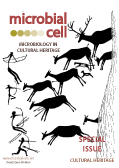
|
Our cultural heritage is a defining feature of our societies that needs to be further inherited to future generations. However, this legacy is endangered by several instances, including biodeterioration. Indeed, microorganisms play a significant role in the decline of all forms of tangible cultural heritage, including movable (paintings, sculptures, coins, manuscripts), immovable (monuments, archaeological sites, etc.) and underwater cultural heritage (shipwrecks, underwater ruins and cities). Microbial colonization, biofilm formation and damaging metabolite production eventually result in critical decay. This Special Issue aims at mirroring the broad thematic variety and important advances in biodeterioration research, featuring a series of both original and review articles. These not only spotlight the efforts in anti-microbial strategies, but also the implementation of microbial-based technologies for heritage conservation and restoration. |
|
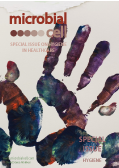
|
The WHO refers to hygiene as the “conditions and practices that help to maintain health and prevent the spread of diseases.” Accordingly, medical hygiene involves a number of different measures for averting the transmission of antimicrobial resistance and reducing healthcare-associated infections. The recent COVID-19 pandemic and the thereof resulting efforts by health professionals and governments to increase social awareness for the importance of hand hygiene reflects very well the socioeconomic and medical relevance of this topic. In this Special Issue, we gather leading scientists in the field to summarize the current knowledge and preferred protocols in different fields of medical hygiene. Importantly, each article includes a ready-to-use checklist (as a Supplemental PDF file) that may be implemented for practical purposes. |
|
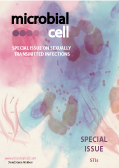
|
Sexually transmitted infections (STIs) are commonly spread via sexual contact and have a major impact on sexual, reproductive and neonatal health, but can also cause disastrous and life-threatening complications if left untreated. In addition to this personal burden, STIs also represent a socioeconomic problem, deriving in treatment costs of tremendous proportions. With this Special Issue, Microbial Cell compiles a series of articles that focus on the eight major STIs: (syphilis, gonorrhea, chlamydia, trichomoniasis, human papilloma virus, herpes simplex virus, hepatitis B virus, and human immunodeficiency virus). Thereby all relevant features of each infection are covered: (i) etiology, transmission and protection; (ii) pathology/symptomatology; (iii) epidemiology, incidence and prevalence; (iv) treatment and curability; and (v) molecular mechanisms of infection. |
|
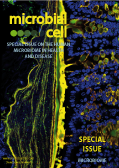
|
The human microbiome is a diverse consortium of bacteria, archaea, fungi, protozoa, and viruses that inhabit many parts of the human body. These consortia have been implicated in a range of vital physiological processes including energy homeostasis, metabolism, gut epithelial health, immunologic activity and neurobehavioral development. This Special Issue contains articles describing microbiota of different regions, including the oral cavity, the gut and the vagina as well as their implications on cancer, immunity and the brain. Moreover, treatment options are discussed such as microbiome transplantation or probotic therapy. In addition, articles about special microbiota, including the human virome or the infant microbiome are also part of this Special Issue. |





